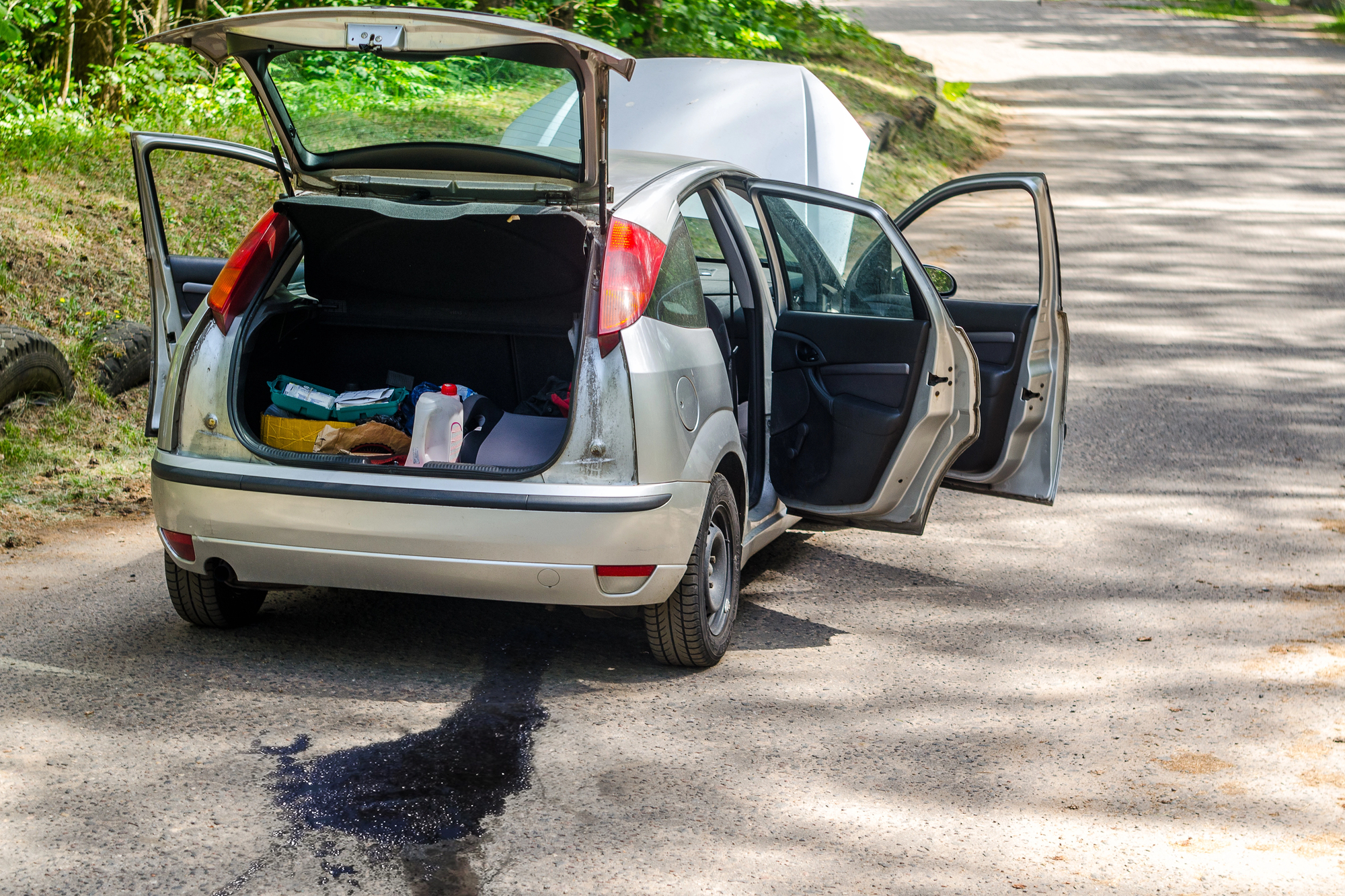Oil leaks are a common issue that many car owners face at some point. These leaks can be frustrating and damaging, leading to engine problems if not addressed promptly. Understanding the most common reasons for oil leaks can help you diagnose the issue early and take the necessary steps to fix it.
Worn Out Gaskets and Seals
A worn-out gasket or seal is one of the most common causes of an oil leak. Over time, the gaskets that seal the various components of your engine can deteriorate due to heat and pressure. The valve cover gasket, oil pan gasket, and crankshaft seals are particularly prone to wear. When these components lose their effectiveness, oil can seep out and cause a leak.
Damaged Oil Pan
The oil pan, located at the bottom of the engine, holds the engine oil. It’s susceptible to damage from road debris, curbs, or even harsh driving conditions. A crack or hole in the oil pan can cause oil to leak out. In some cases, the oil pan gasket may also fail, leading to a leak.
Loose or Damaged Oil Filter
During an oil change, the oil filter is usually replaced. If it’s not installed correctly or becomes loose over time, it can cause an oil leak. A damaged or deteriorated oil filter can allow oil to escape, leading to a leak.
Faulty Oil Pressure Sending Unit
The oil pressure sending unit monitors the oil pressure in your engine and sends this information to your car’s dashboard. If this unit is damaged or begins to fail, it can cause oil to leak. This is often a more challenging issue to detect, as the leak may be small, but it can lead to significant engine problems if not addressed.
Overfilled Engine Oil
Overfilling the engine with oil can lead to increased pressure, which may cause seals and gaskets to fail. This excess oil can find its way out of the engine through various points, resulting in a leak. Always ensure that your engine oil is filled to the correct level as specified in your car’s manual.
Worn Piston Rings
Piston rings seal the combustion chamber in the engine and keep engine oil from leaking into the combustion chamber. Over time, these rings can wear out, causing oil to leak into the cylinders. This not only reduces engine performance but can also lead to increased oil consumption and visible oil leaks.
Degraded Oil Cap
The oil cap seals the oil reservoir, preventing oil from escaping. If the cap is damaged, loose, or missing, oil can leak out, especially when the engine is running and oil pressure is high. This is often an easy fix but can cause significant oil loss if overlooked.
Worn Timing Cover or Timing Cover Gasket
The timing cover protects the timing belt or chain and seals the front of the engine. Over time, the timing cover or its gasket can wear out, leading to an oil leak. This type of leak is typically found at the front of the engine and can be more challenging to fix.
Crankshaft or Camshaft Seals
The crankshaft and camshaft seals are located at the front and rear of the engine. These seals prevent oil from leaking where the crankshaft and camshaft protrude from the engine. If these seals wear out or become damaged, oil can leak out, often accumulating under the vehicle or around the engine.
Oil leaks should never be ignored, as they can lead to significant engine damage over time. Regular maintenance and inspections can help you catch these issues early, preventing costly repairs. If you notice oil spots under your car or a drop in oil levels, it’s essential to address the problem immediately. Consulting a mechanic for a professional diagnosis and repair is often the best action; contact us today!






